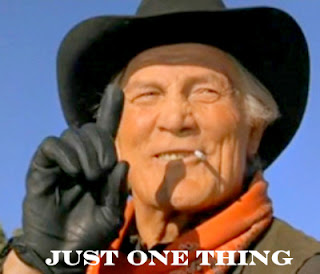Have your imaginary friends stopped talking to you? Is your
muse on vacation?
I don’t have writers block. I'm in a writes lull. My main
manuscript is on submission. I was working on book two in the series, but if
book one doesn’t sell, I might backburner it and focus on a new project.
I don’t want to get the new project going just yet, though, until there is some
resolution on book 1. No since changing gears if I won’t need to. Besides,
starting a new project would be an emotional commitment that I’m not ready for yet.
But I don’t want to be a slug. So if you are like, in a
lull, unable to work on a manuscript, here are 25 other things (with resource
links) that we can be doing to spend the time productively.
What do you do when you can't write? Share your tips in the comments.
4.
Find and post helpful advice on a writer’s forum
– absolutewrite.com, querytracker.net, agentqueryconnect.com
5.
Find, read and review a book from a first time
published or Indie author. Nora Roberts does not need your review J
6.
Put critique karma in the bank by being a beta
reader or critique partner. I use Ladies
Who Critique and Scribophile
7.
Hang out on the internet somewhere you wouldn’t
normally – arts, science and food, oh my
10.
If you aren’t already on it, join and dive in to
Goodreads. If you are, up your gaming by participating more
11.
Set up your Google+ profile and presence, (the
second largest social community on the web) including
linking your author presence so that your picture and bio show in google search
13.
Guest blog – everyone
is always looking for a way to mix up their online content and it’s a great
marketing tool
15.
Join a genre fan group – be a fan before you
need fans
16.
Go somewhere new – bar, restaurant, concert at
the local school. Or
try communing with nature scientifically proven to up your creativity
18.
Go somewhere old and act differently – observe how
people respond
19.
Take a class – most community colleges and local
universities offer cheap, fun classes through their extension programs. Also,
check out free online classes
23.
Take pictures and tell a picture story















